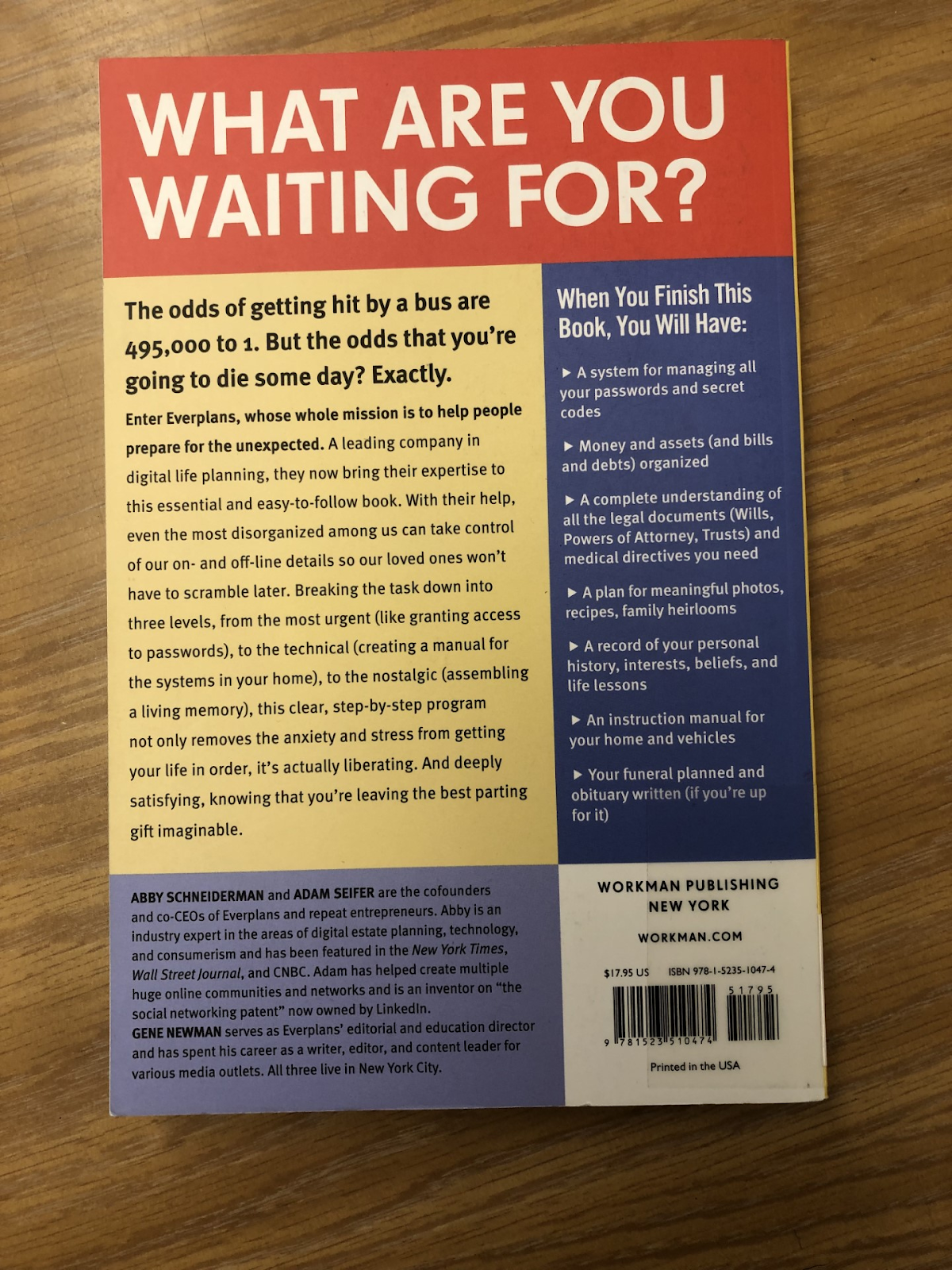Fresh out of college, I sold life insurance for Northwestern National Life.
The phrase that I heard often when I worked there was " No one plans to fail, but they do fail to plan". As a result, only a small percentage of our population is financially independent at age 65.
Not much has changed since 1969.
Today, only 10% of the American population is living their definition of financial freedom.
Amid a challenging economic landscape, including a potential recession, consumer credit card debt surpassing $1 trillion, and the restarting of repayment of student loans on the horizon, it's understandable that many Americans are feeling financially defeated right now. Achieve explored how Americans are feeling about their financial situation. The survey asked consumers to select the ideas of financial freedom that they most agreed with and found the most common definitions were:
- Living debt free: 54.2%
- Living comfortably, but not necessarily being rich: 50%
- The ability to regularly meet all of their financial obligations and still have some money left over each month: 49.3%
- Never having to worry about money: 46.2%
Surprisingly, the survey also found that far fewer respondents believe financial freedom means being rich (12.6%) or having enough money to give up working altogether (32.1 %)
Over half of respondents (58%) indicated that they are not anywhere close to reaching their personal definition of financial freedom. At the forefront of this challenge is that many Americans lack a well-funded savings account. Achieve found that 40% of respondents don't even have a basic bank savings account. Among those that do, 35.8% said they have less than $1,000 in their savings accounts.
Regardless of how well you plan, there are no guarantees in life.
When I worked at CIGNA in the 1990's, I was saving 10% of my paycheck into a 401-K. If I kept doing that, I estimated that by age 65, I would have $1 million in the bank and a house that was paid for.
Then life happened.
In 1997, my boss (a great guy) was promoted, so I applied for his job. Sadly, the company hired a guy who had worked for another company, and he was the polar opposite of John Platt. Less than a year later, this jerk got me fired (at age 51), and my income never recovered. At one point, I owed the IRS $25,000.
As the saying goes, when karma bites, it bites hard.
Less than a year after I left GIGNA, the department shut down nationwide, and the jerk that fired me lost his job. He got hired as a manager at the company that I had left (Crum and Forster) to work for CIGNA. A short time later, the company caught him viewing porn on his work computer, and he was escorted out of the building by security.
After about 7 years as a commissioned car salesman, I finally achieved a bit more financial security by working as a sub teacher, which I have now done for more than a decade. However I still can't afford to stop working entirely. I know a couple of people who work as sub teachers in their 80's, but I plan to pull the plug when I'm 80. It's the easiest job I have ever had. After taking attendance, I have plenty of time to read books - and I read a lot of books..
One that caught my eye on a recent trip to the library is this one.
The back cover lists the topics it covers, and I plan to start reading it today.
I realize that the title seems a bit far fetched, but the reality is that I DID get hit by a vehicle about a year ago, and you can read that story below.
So in closing, I'll leave you with two quick thoughts:
1) Don't put off planning your future
2) Always look both ways before walking across a street or a parking lot.


No comments:
Post a Comment